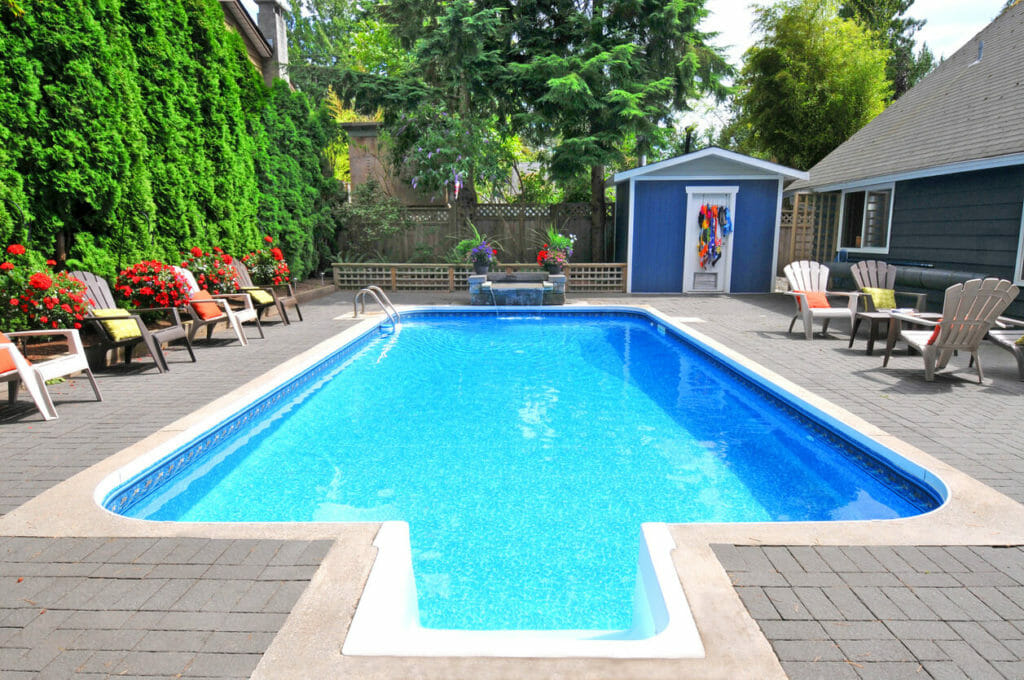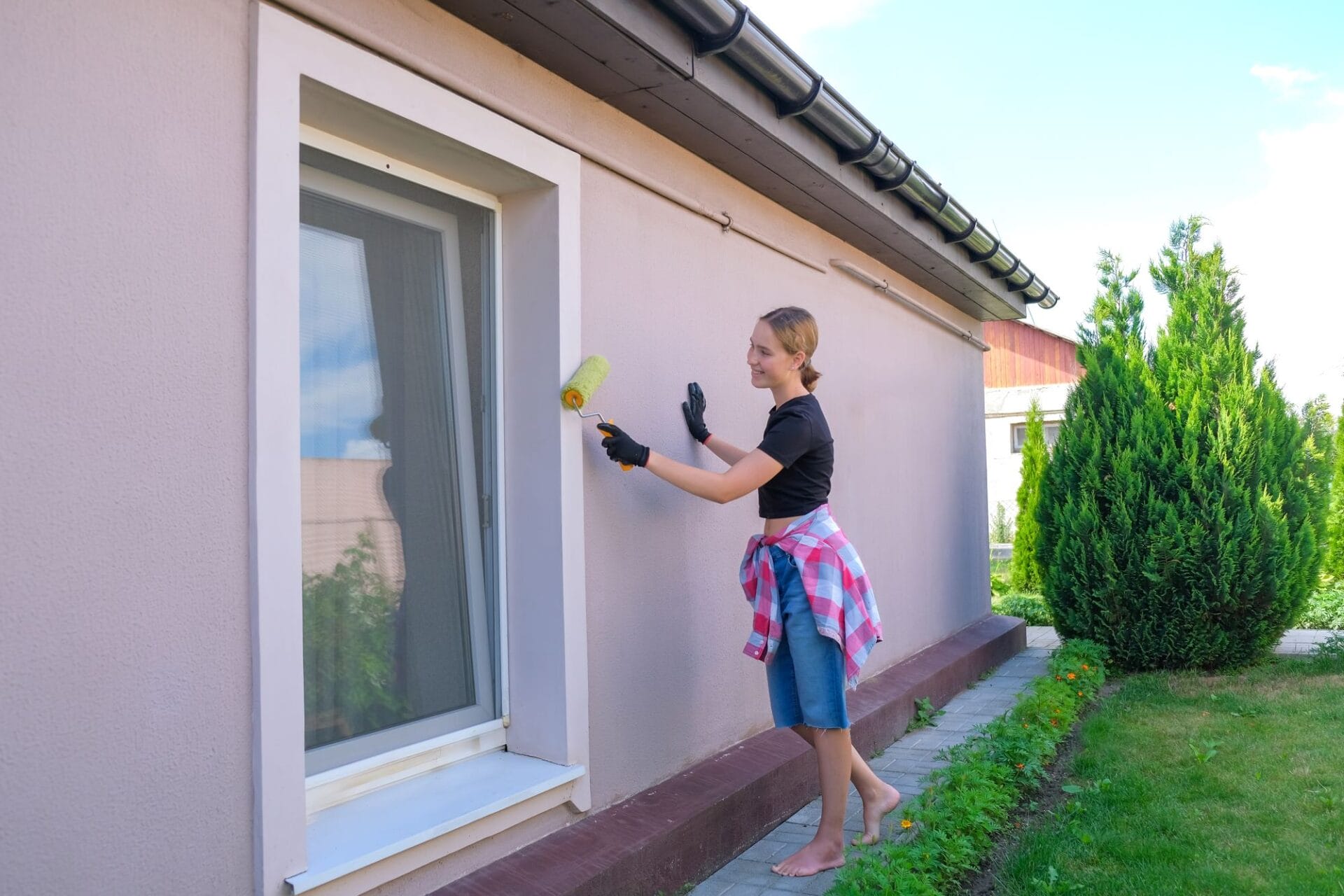Rule changes are coming to Texas HOAs, and these changes should make homeowners pretty happy. Earlier in 2021, state legislators were considering several bills dealing with unfair or unnecessarily restrictive HOA rules. A few of those bills have passed, and they are expected to have a significant impact on property owners associations (POAs, also known as HOAs) governed under Chapter 209 of the Texas Property Code.
Of note is Senate Bill 1588 – Relating to the Powers and Duties of Certain Property Owners’ Associations. Most of the items in this Bill come into effect on September 1, 2021. HOAs may need to adopt new policies or amend existing policies in their governing documents as a result.
To ensure your HOA can plan and prepare accordingly, we’ve highlighted some of the most important items in the Act below:
Religious displays – Section 2 (202.018)
Religious items may be displayed anywhere on the owner’s home and property without size restrictions. Previously, owners could only put these items on the entry of their property. Furthermore, religious items were limited to a combined total size of 25 square inches.
That being said, there are still limitations. An association has the right to adopt/enforce a policy that overrides this change if:
- The display would threaten public health or safety
- It violates a law other than a law prohibiting the display of religious speech
- It contains language, graphics, or anything else that is offensive (curse words, hate speech etc.)
- It is placed on property owned or maintained by the HOA or on common property
- It violates any applicable building line, right-of-way, setback, or easement
- It is attached to a traffic control device, utility sign, pole or fire hydrant
Swimming pool enclosures – Section 3 (202.022)
The definition of a swimming pool enclosure has been expanded. It is defined as:
“A fence that surrounds a water feature, including a swimming pool or spa, consists of transparent mesh or clear panels set in metal frames, is not more than 6 feet tall, and is designed to be unclimbable.”
HOAs may not adopt or enforce a provision in dedicatory instruments that prohibit or restrict an owner from installing a pool enclosure that conforms to applicable state or local safety requirements.

The HOA may regulate permissible colors for the pool enclosure, but cannot prohibit an enclosure that consists of black metal frames and transparent mesh panels.
Security cameras and perimeter fences – Section 4 (202.023)
HOAs may not adopt or enforce a restrictive covenant that prevents an owner from building or installing security measures. That includes, but is not limited to, security cameras, motion detectors and perimeter fences. However, associations may prohibit these items from being installed in places other than the owner’s property. HOAs may also regulate the type of fencing.
This section does not apply to condominiums or mixed-used associations.
Surveillance cameras can be a difficult issue to navigate. Even if an owner installed a camera on their own home, they do not have the right to direct it into a neighbor’s home. Your HOA may want to create a special set of rules for surveillance cameras so that safety is balanced with a reasonable right to privacy.
HOA information must be online – Section 8 (207.006)
HOAs with at least 60 lots, or any association under contract with a management company, must make the most current version of the association’s “dedicatory instruments” relating to the association or subdivision, and filed in the county deed records, available on an internet website. Furthermore, this information must be maintained by the association or management company working for the HOA, and it must be available to all members.
Architectural review, approval and hearings – Section 11 (209.00505)
Current board members, spouses of board members, and any other members of their households cannot serve on the HOA’s architectural review committee.
If an architectural application or request is denied, the denial must:
- Be provided in writing (email counts and hand delivery is acceptable)
- Explain, in reasonable detail, why the application was denied, as well as changes, if any, to the application or improvements required as a condition to approval
- Inform the owner that they may request a hearing to appeal the decision on or before the 30th day after the date the notice was sent to them
Owners have 30 days to appeal, and the board has 30 days to arrange for the hearing. The association must provide notice of the hearing, including the date, time, and location, at least 10 days before the hearing date. Both parties have the right to postponement, but it shall not be granted for a period of more than 10 days.
Both parties are allowed to make an audio recording of the hearing. The board has the right to affirm or reverse the architectural committee’s decision.
Note, this section does not apply to developing HOAs that are still under declarant control, or HOAs that have 40 or fewer lots.
Bids required for service contracts over $50K – Section 13 (209.0052)
Service contracts that will cost more than $50,000 require solicitation of bids under an established bidding process. However, this process is determined by the association.
More time for owners to resolve delinquencies – Section 16 (209.0064)
HOAs that issue collection notice letters must give owners 45 days to resolve the delinquency before reporting them to a collection agency (formerly 30 days).
Violation hearing processes – Section 18 (209.007)
If an owner is entitled to an opportunity to cure the violation, they can submit a written request for a hearing to discuss and verify facts, and try to resolve the issue. As of September 1, 2021, this can only be done before the HOA board. The option to have a board-appointed committee hear the appeal has been removed.
If a hearing is scheduled, the association must provide the owner with a packet containing any evidence that the association intends to introduce (this includes documents, photos, communications) at the hearing, at least 10 days before the hearing date. If the association does not provide the owner with the required packet at least 10 days before the hearing, the owner is entitled to an automatic 15-day postponement of the hearing. At the hearing, the board will present its case first, and the owner or their representative will have the chance to respond and state their case afterward.
Rental rules – Section 20 (209.016)
When someone intends to lease or rent a home in the association, the HOA may request the following information:
- The name, mailing address, phone number and email address of each person who will reside at the leased property
- The start date and term of the lease
Subsection 209.016(c) was repealed because it allowed personal information mentioned above to be redacted.
Conclusion
Bill 1588 aims to help Texas owners and associations remove some of the constricting or archaic rules that make HOA living less enjoyable. From increasing the availability of information, to providing clearer guidelines for rentals, this set of changes should benefit boards and owners. If you know that your association will need to make some amendments to your governing documents, it’s always a wise idea to speak to a lawyer first. And once those changes are made, don’t forget to post the latest version on your website!






















